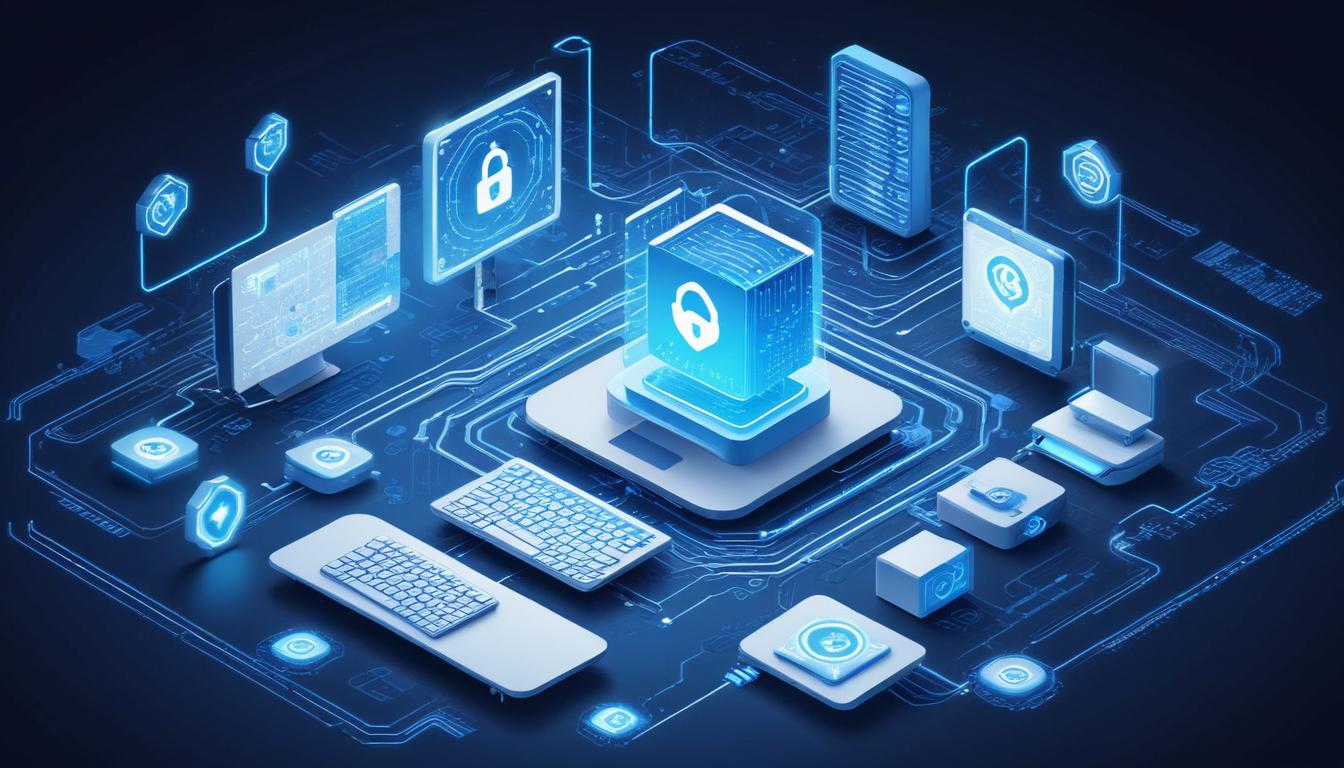The intersection of digital asset management and privacy presents unique challenges in the cryptocurrency era, requiring careful consideration of security practices, operational procedures, and risk mitigation strategies. This analysis explores the complex landscape of maintaining detailed cryptocurrency records while preserving privacy and security.
The fundamental tension between accessibility and security forms the cornerstone of any digital asset management strategy. While cloud-based solutions offer convenience and automatic updating capabilities, they introduce significant privacy and security risks that must be carefully weighed against their benefits. This balance becomes particularly crucial when managing cryptocurrency holdings, where transparency of records must be maintained without compromising operational security.
Air-gapped systems represent a compelling approach to secure record-keeping, though they come with their own set of considerations and trade-offs. These systems, physically isolated from unsecured networks, provide a robust defense against remote attacks but require careful implementation to maintain their security benefits. The approach involves dedicated hardware that never connects to the internet, creating a secure environment for maintaining sensitive financial records.
The implementation of air-gapped systems demands careful attention to operational procedures. This includes proper system configuration, physical security measures, and strict protocols for data transfer. The use of open-source software solutions like LibreOffice or OpenOffice provides reliable tools for record-keeping without the privacy concerns associated with proprietary software. However, the manual nature of updates in such systems requires additional time investment and careful attention to detail.
Data redundancy and geographic distribution of backups emerge as critical considerations in any comprehensive security strategy. The risk of physical disasters or theft necessitates maintaining encrypted copies of records in multiple locations, while ensuring that each copy maintains the same high security standards as the primary system. This approach must balance accessibility with security, ensuring that backup procedures don’t introduce new vulnerabilities.
The role of encryption in securing financial records cannot be overstated. Strong encryption protocols, properly implemented, provide an essential layer of security for sensitive financial data. Whether storing records locally or implementing a backup strategy, encryption serves as a critical tool in maintaining privacy and security. The selection of encryption tools and protocols must be approached with careful consideration of both current security standards and future technological developments.
The human factor remains one of the most significant considerations in any security system. Even the most robust technical solutions can be compromised by operational errors or lapses in security protocols. This necessitates the development of clear, consistent procedures for handling sensitive data, including regular security audits and updates to operational procedures as new threats emerge.
The future of secure cryptocurrency record-keeping likely lies in the development of specialized tools that bridge the gap between security and usability. Self-hosted solutions and open-source alternatives to traditional spreadsheet applications show promise in this regard, potentially offering the benefits of modern collaborative tools while maintaining high security standards. The evolution of these tools will play a crucial role in shaping best practices for cryptocurrency asset management.
In conclusion, the management of cryptocurrency records requires a carefully balanced approach that considers multiple factors including security, accessibility, and operational efficiency. While perfect solutions remain elusive, the combination of air-gapped systems, strong encryption, and careful operational procedures provides a robust framework for securing sensitive financial information. As the cryptocurrency ecosystem continues to evolve, so too will the tools and practices for managing digital assets securely.




